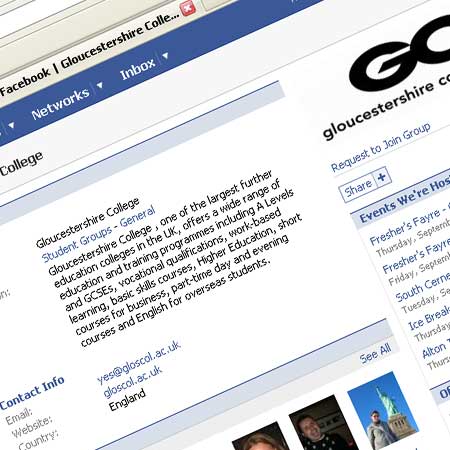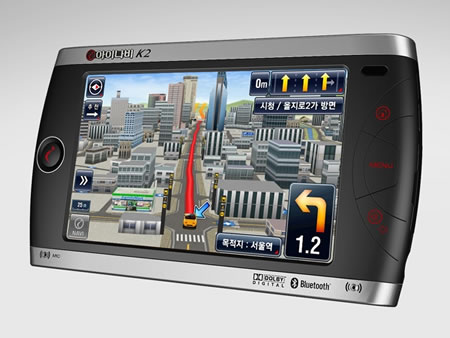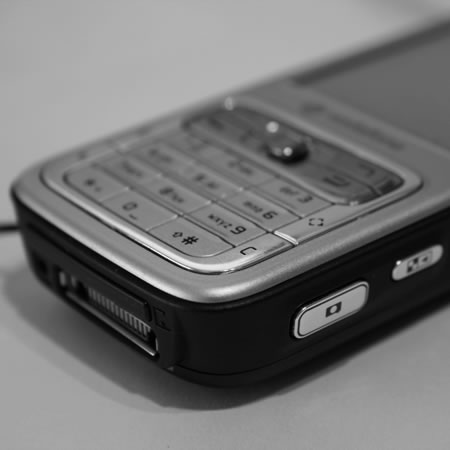Well Steve Wheeler over at Learning with ‘E’s has set me up with a chain letter a challenge.
Right. It’s an interesting challenge and looks a little like a chain letter, but here goes. Mike Hasley, of TechWarrior Blog, has laid down a challenge for me and 4 others to add to a collection of photos that represent our passion in teaching/learning. I have to tag it ‘Meme: Passion Quilt’ and post it on a blog, Flickr, FaceBook or some other social networking tool with a brief commentary of why it is a passion for me.
My first thought was to ignore it, as I do not like chain letters and chain blog posts are not much better… however I did go and look at some of the photographs and the commentary.
So I have decided to take part, initially I didn’t know what image to use and then I remembered one I had taken on my mobile phone on my way to a meeting about mobile learning.

As I was on my way to the meeting with my pockets filled with a range of mobile devices sitting on the floor in the corridor was a student with an iPod touch watching a video. I asked him nicely and took his photograph.
Anyone who knows me, knows that I have a real passion for mobile learning and that though when other people mention mobile learning they automatically think about mobile technology, notably mobile computers, specifically Windows Mobile PDAs. For me it is a different philosophy, much more about learning when mobile.
It was walking around different colleges which made me realise that when it came to mobile learning, it wasn’t about getting PDAs running learning content (though I am sure there are scenarios which they would enhance and support learning), but was much more about using the devices our students already have.
So in my own college to see a learner happily using a mobile device in college gave me a real buzz.
As it happens this student was watching something not course related, but the fact that he had this device, was willing to carry it with him and was using it in college, made me realise how important it was to get mobile learning embedded into the college, as it should and will enhance and enrich the learning experience for a wide variety of learners.
I have a real passion for mobile learning and with designing learning scenarios and activities which allow learners to use their mobile devices and this photograph demonstrates to me why this is the direction we should be going along when we start to think about mobile learning.
The next part of this quilt is to challenge five others, well Steve has poached quite a few of the bloggers I know, but not all…
So I lay down the challenge to Lisa Valentine, Andy Black, Lilian, David Sugden and Dave Foord.
Maybe they will also take this challenge, or maybe you will.









